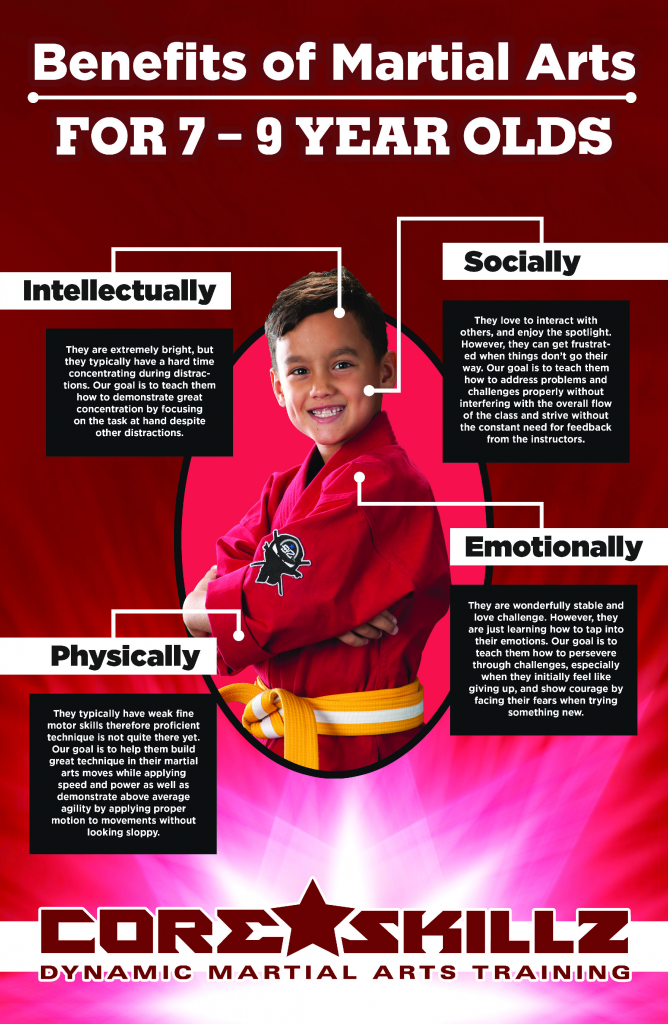The Growth And Historic Context Of Martial Arts Worldwide
The Growth And Historic Context Of Martial Arts Worldwide
Blog Article
Posted By-Chu Workman
Martial arts have an interesting background that extends centuries and continents. You could locate it intriguing just how ancient practices like Shuai Jiao and Kalaripayattu laid the groundwork for modern combat techniques. These self-controls not only highlight physical abilities yet additionally mirror the societies that birthed them. As you discover their development, consider how globalization has changed these conventional types right into hybrid styles. What influences do you think have shaped today's martial arts landscape?
Ancient Martial arts: The Foundations of Combat
As you look into the world of old martial arts, you'll discover the rich foundations that formed battle techniques throughout societies. Very early techniques concentrated on Self-Defense and survival, commonly integrating strikes, grappling, and weaponry.
In old China, for instance, strategies like Shuai Jiao emphasized throws and joint locks, while India's Kalaripayattu showcased dexterity and fluid activity. Japanese samurai created Kenjutsu, a polished swordsmanship that highlighted technique and strategy.
These martial arts offered not just for battle yet also as a way of individual growth, instilling worths like regard and perseverance. The mixing of these techniques with time prepared for the diverse martial arts you see today, each mirroring the one-of-a-kind viewpoints and requirements of its society.
The Cultural Influence on Martial Arts Growth
While martial arts often mirror the useful demands of a culture, they also symbolize the social worths and beliefs of their beginnings. When you check out different martial arts, you'll see just how they're influenced by religious beliefs, approach, and social norms.
For instance, the focus on respect and self-control in Japanese martial arts stems from Zen Buddhism and samurai culture. In contrast, Brazilian Jiu-Jitsu promotes versatility and approach, formed by the demand for efficiency in a varied, modern atmosphere.
You might discover that the routines, attires, and training techniques reflect a community's background and identity. By recognizing these social influences, you grow your admiration of martial arts and their duty in shaping human experiences across the globe.
Modern Adaptations and the Globalization of Martial arts
Martial arts have transformed substantially in recent decades, adapting to modern culture and international influences. You'll observe that conventional forms have blended with modern-day methods, developing hybrid styles like MMA. These adjustments satisfy diverse target markets, making martial arts accessible and attractive around the world.
With the surge of social media sites and electronic systems, you can discover tutorials and competitors from all corners of the world, breaking geographical barriers. https://martial-arts-near-me-kids77665.luwebs.com/36225964/start-your-self-defense-skills-with-powerful-strategies-developed-to-empower-women-and-enhance-individual-crucial-self-defense-abilities-every-woman-needs-to-discover has actually caused a common admiration for various disciplines, from Brazilian Jiu-Jitsu to Taekwondo.
As you involve with these arts, you'll recognize they're not almost combat; they advertise health and fitness, technique, and mental health.
Inevitably, contemporary adaptations have actually enhanced the martial arts landscape, making it a dynamic and progressing method.
Conclusion
In exploring the history and development of martial arts, you discover a fascinating blend of techniques, cultures, and ideologies. From ancient techniques like Shuai Jiao and Kalaripayattu to the modern flexibility seen in mixed martial arts, martial arts mirror humankind's quest for Self-Defense and personal development. As related internet page engage with these practices, you not just acquire skills however also a much deeper appreciation for the diverse traditions that form our world today. So, proceed your journey and welcome the art of fight!
